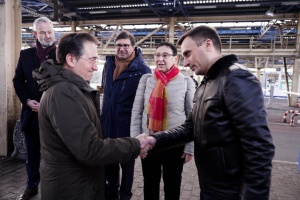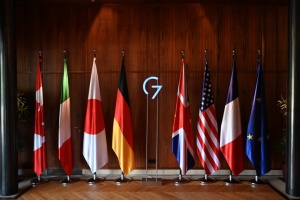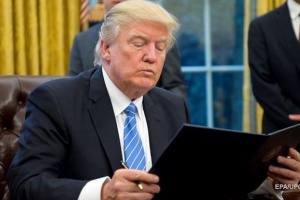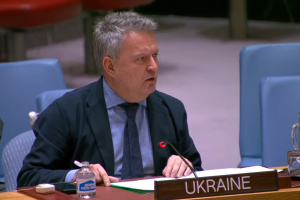
Public gratitude and regular visits to Moscow: Russia’s relations with HAMAS
HAMAS seized power in the Gaza Strip after the 2006 Palestinian elections (the first elections in the Palestinian Autonomy were held in 1996). Despite a good electoral result (HAMAS was 4% ahead of Fatah), HAMAS decided not to play games of parliamentarism and chose to unleash a civil war in Palestine in June 2007. As a result, HAMAS seized power in Gaza, destroying opponents representing other Palestinian political forces. The West Bank of Jordan continues to be controlled by the Fatah party. Fatah members and supporters were forced to flee Gaza: HAMAS militants not only killed opponents, but also abducted and maimed them, amputated their limbs, and filmed torture on video.
The reputation of sadists and terrorists (HAMAS is recognized as a terrorist organization in the United States, the EU, and Israel) never prevented HAMAS from establishing relations with the Kremlin, although in the 1990s and early 2000s, Russia publicly condemned the organization’s crimes. Moscow even labeled the group’s actions as terrorist. On March 23, 2004, Mikhail Margelov, Chairman of the Federation Council Committee on International Relations, commenting on the liquidation of HAMAS leader Sheikh Yassin, referred to the organization as a “terrorist group”.
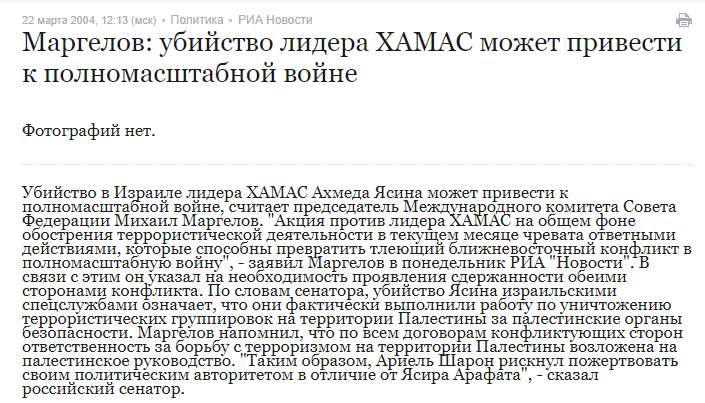
Propaganda publications drew direct parallels between the liquidation of Yassin and the attempt of Russian intelligence services on one of the leaders of the Chechen liberation movement, Zelimkhan Yandarbiyev, in Qatar in February 2004. The two hit kills were compared to justify the Russian practice of political assassinations.
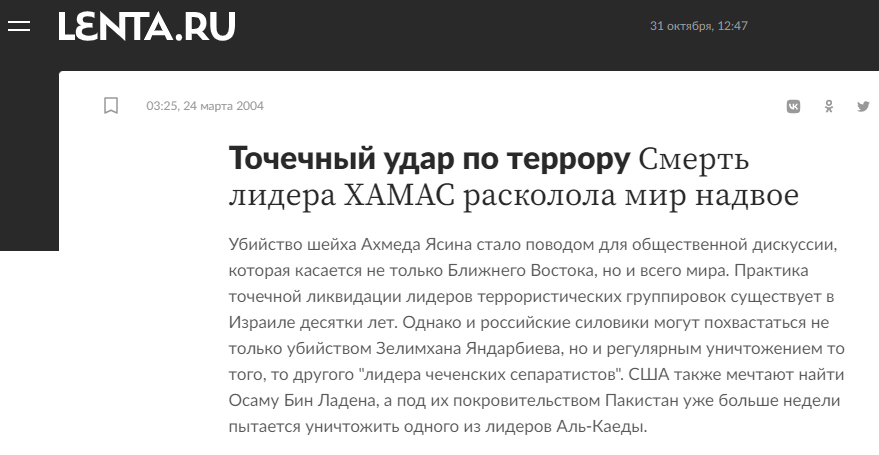
On August 31, 2004, the Russian Foreign Ministry condemned the attack of a HAMAS suicide bomber at Be’er Sheva Airfield, which killed 17 people. Moscow then called the attack “a barbaric attack by extremists” and expressed confidence that “no political goals can be achieved through violence and terror.”
The rhetoric changed in 2006: Putin first publicly stated that Russia “never recognized HAMAS as a terrorist organization” and called for “respect for the choice of the Palestinian people.”
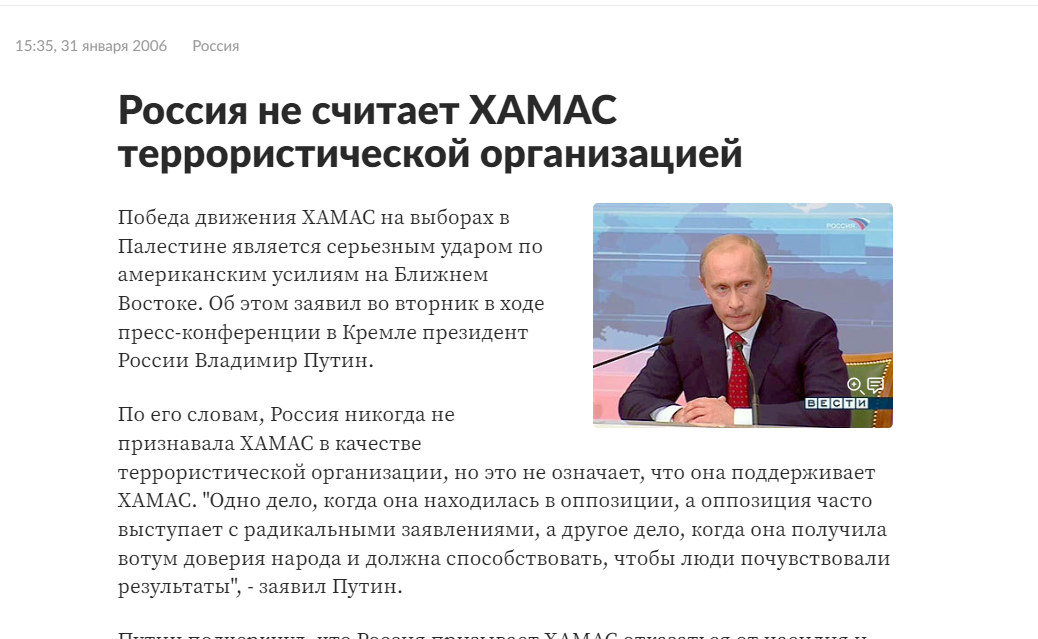
Back in 2004, the Russians opened Kalinka, a Russian cultural centre in Gaza. It is headed by the grandson of Yevgeny Primakov, the former head of the Foreign Intelligence Service of Russia and the Central Intelligence Service of the USSR.
The Russian consulate in Palestine operates in Ramallah, on the West Bank of the Jordan River, which is controlled by Fatah, a fierce enemy of HAMAS. However, Russian diplomats freely travel from Ramallah to Gaza and back.
Since 2006, officials of the Russian Ministry of Foreign Affairs and the presidential administration have been holding meetings with members of the highest leadership — the HAMAS Politburo.
In March 2006, the head of the Politburo, Khaled Mashal, visited Moscow.
In 2010, then-nominal President of Russia Medvedev met with Khaled Mashal.
HAMAS received Russian weapons through Iran and the regime of Bashar al-Assad in Syria: anti-tank complexes Kornet. These countries also provided HAMAS with missiles and technology to create them to shell Israel.
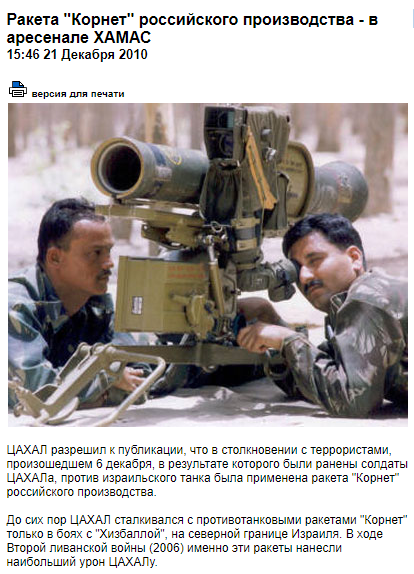
But in 2011, HAMAS backed Assad’s opponents in Syria. HAMAS fighters began fighting on the side of the anti-Assad Sunni opposition and even clashed in Syria with the Lebanese Hezbollah, a group that is also funded by Iran and regularly attacks Israel.
Russia in 2015 openly intervened in the war in Syria on the side of Assad and called his opponents terrorists, equating all opposition groups and ISIS. But even at that time, the Russian Foreign Ministry made separate statements that Moscow did not consider HAMAS to be terrorists.
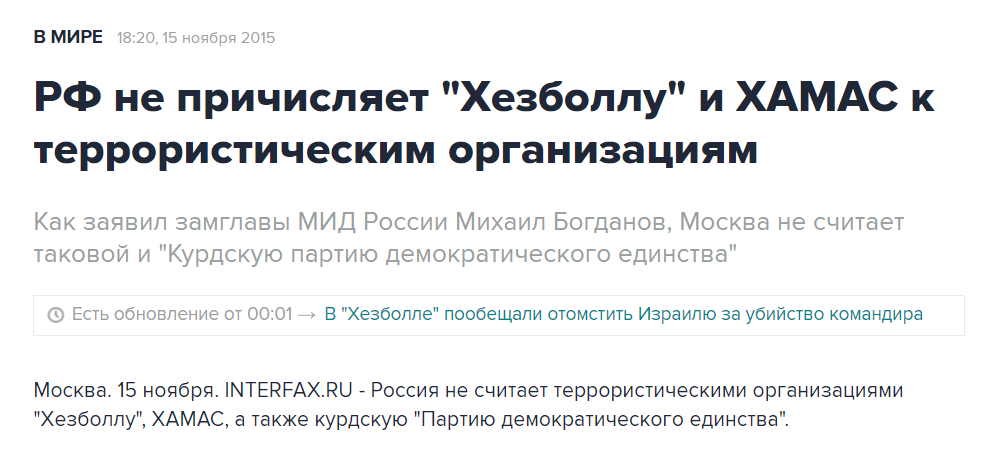
Visits of HAMAS leaders to Russia continued. Deputy Head of the Politburo Moussa Abu Marzouk met with Lavrov on January 16, 2017, in the capital of Russia. The next meeting was held in July 2019.
In May 2022, a HAMAS delegation met with Lavrov and the Russian leader of Chechnya, Kadyrov. Inside Russia, this meeting was not particularly written about, it was covered mainly by the Arab media.
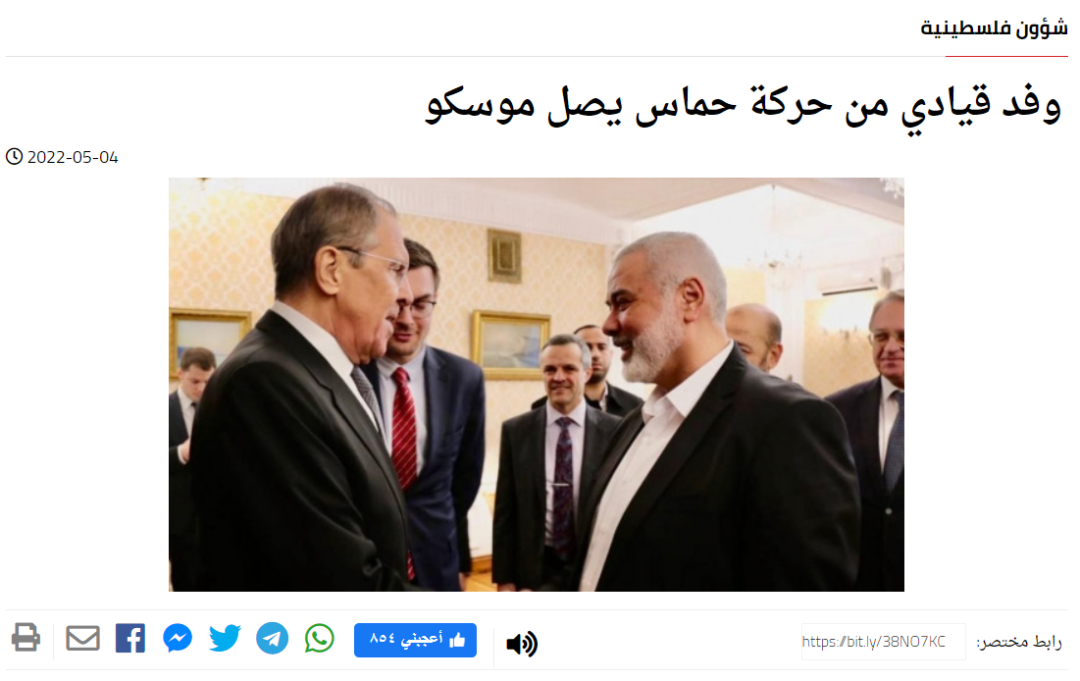
In September of the same year, the head of the HAMAS Politburo, Ismail Haniyeh, visited Moscow again and held meetings with Lavrov and the Special Representative of the President of Russia for the Middle East, Mikhail Bogdanov.
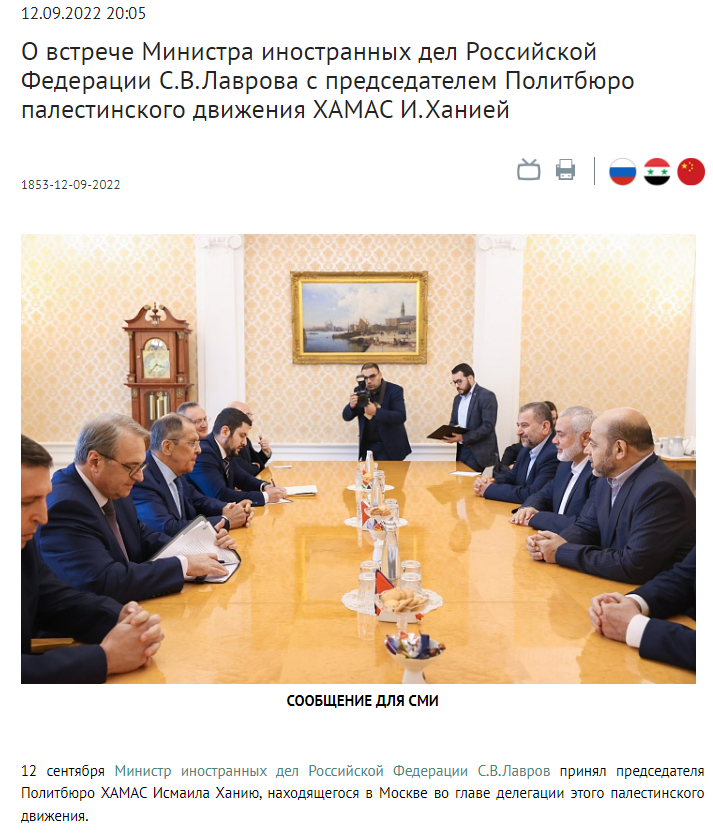
At the end of October 2023, three weeks after the terrorist attack on Israel, a HAMAS delegation led by Abu Marzouk again visited Moscow. The photo of the meeting with Mikhail Bogdanov was published by the HAMAS press service.
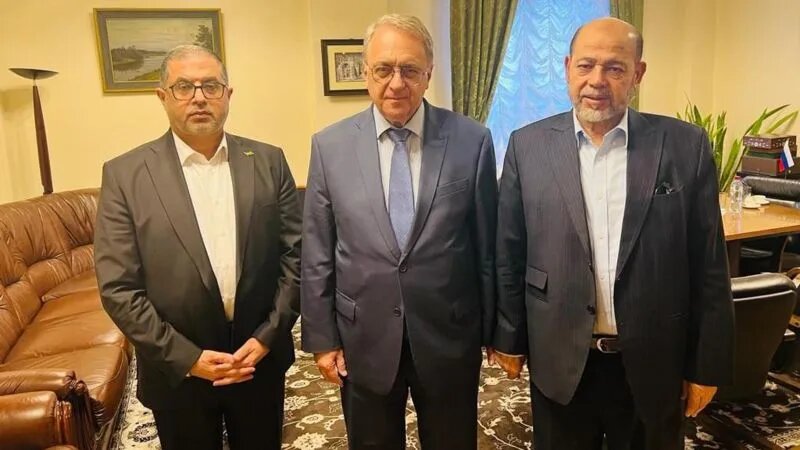
Russian officials and state media did not report on who communicated with the guests that time. Israel criticized Moscow’s actions, calling them “a nasty step” that “gives a fair wind to terror and legitimization of the atrocities of terrorists.”
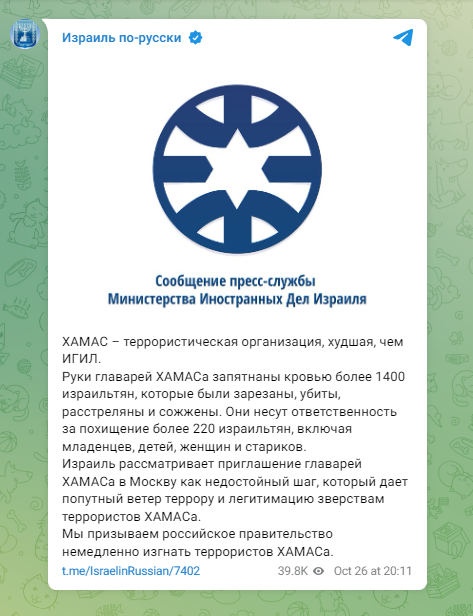
After the attack on Israel and on the eve of their visit to Moscow, HAMAS leaders twice publicly thanked Russia and Putin personally for their support and “position.”
Russia uses the HAMAS terrorist attack on Israel on October 7, in which at least 1,033 civilians were killed, and 233 people were taken hostage, to provoke new conflicts.
Kremlin propaganda is trying to quarrel Israel with Ukraine, spreading fakes about HAMAS fighters using Ukrainian weapons. It also seeks to turn the Muslims of Ukraine and the world against the Ukrainian state and authorities, speculating on the fact that Kyiv expressed solidarity with Israel and the citizens of this state who were subjected to a terrorist attack.
The Ukrainian government, unlike the Russian one, has never maintained any contacts with HAMAS and does not question Israel’s right to self-defence.
Regarding the long-standing conflict in the Middle East, Ukraine has consistently advocated the implementation of the principle of two states, Israel and Palestine, but terrorists cannot be legitimate representatives of the Palestinians and the actor of international relations.
Center for Strategic Communication and Information Security


